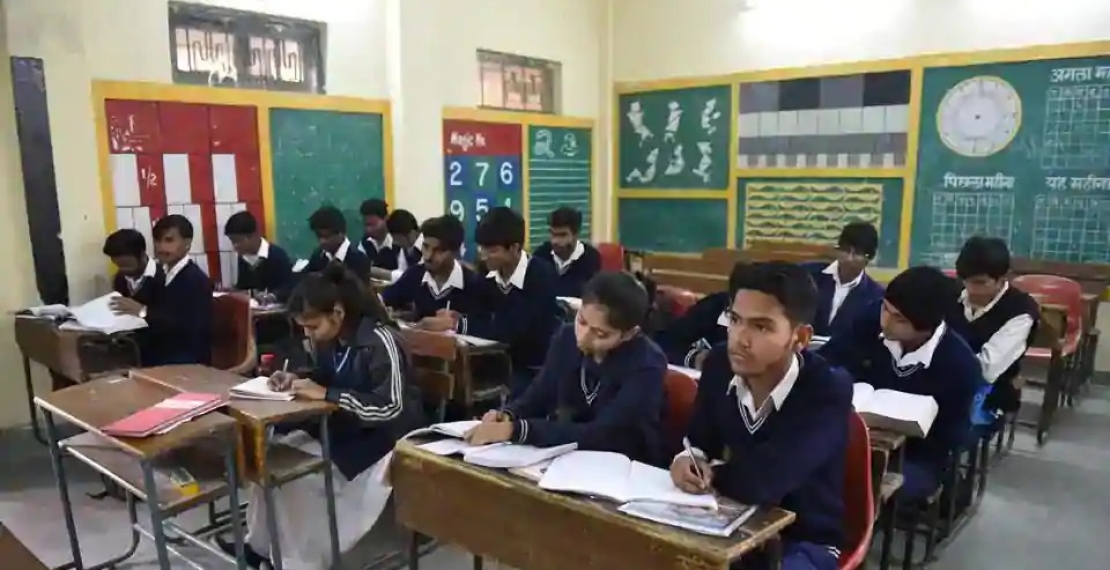New Education Policy 2020: As per the NEP and IITT will be established that will make extensive use of technology to aid in its translation and interpretation efforts.
New Education Policy 2020: The New Education Policy (NEP) approved by the Union Cabinet on Wednesday proposes the setting up of an Indian Institute of Translation and Interpretation (IITI) while also laying significant emphasis on Sanskrit and other Indian languages.
As per the NEP and IITT will be established that will make extensive use of technology to aid in its translation and interpretation efforts.
Another feature of the policy is that Sanskrit will be “mainstreamed” with strong offerings in school - including as one of the language
options in the three-language formula - as well as in higher education.
Sanskrit Universities too will move towards becoming large multidisciplinary institutions of higher learning.
New Education Policy 2020: NEP stresses on transparency in charging of fees
Teaching and learning of Indian languages need to be integrated with school and higher education at every level. For languages to remain relevant and vibrant, there must be a steady stream of high-quality learning and print materials in these languages including textbooks, workbooks, videos, plays, poems, novels, magazines, etc.
* Languages must also have consistent official updates to their vocabularies and dictionaries, widely disseminated, so that the most current issues and concepts can be effectively discussed in these languages, the policy has suggested.
National Education Policy 2020: UGC, AICTE era over, NEP moots HECI, single regulator with 4 verticals
The policy also suggests the hiring of outstanding local artists, writers, crafts-persons, and other experts as master instructors; accurate inclusion of traditional Indian knowledge including tribal and other local knowledge throughout into the curriculum, across humanities, sciences, arts, crafts, and sports etc.
* Strong departments and programmes in Indian languages, comparative literature, creative writing, arts, music, philosophy, etc. will be launched and developed across the country, and degrees including 4-year B.Ed. dual degrees will be developed in these subjects.
New Education Policy 2020 Highlights: Key takeaways of NEP to make India a ‘global knowledge superpower’
* Every higher education institution and even every school or school complex will aim to have Artists-in-Residence to expose students to art, creativity, and the rich treasures of the region/country.
* More HEIs, and more programmes in higher education, will use the mother tongue or local language as a medium of instruction, and/or offer programmes bilingually.
* High-quality programmes and degrees in Translation and Interpretation, Art and Museum Administration, Archaeology, Artefact Conservation, Graphic Design, and Web Design within the higher education system will also be created.
New Education Policy 2020 gets cabinet nod, to be released today, check details here
* Touring by students to different parts of the country, which will not only give a boost to tourism but will also lead to an understanding and appreciation of diversity, culture, traditions and knowledge of different parts of India.
* India will similarly expand its institutes and universities studying all classical languages and literature, with strong efforts to collect, preserve, translate, and study the tens of thousands of manuscripts that have not yet received their due attention.
HRD Ministry renamed as Education Ministry, cabinet approves NEP
* Sanskrit and all Indian language institutes and departments across the country will be significantly strengthened . Classical language institutes will aim to be merged with universities, while maintaining their autonomy, so that faculty may work, and students.

